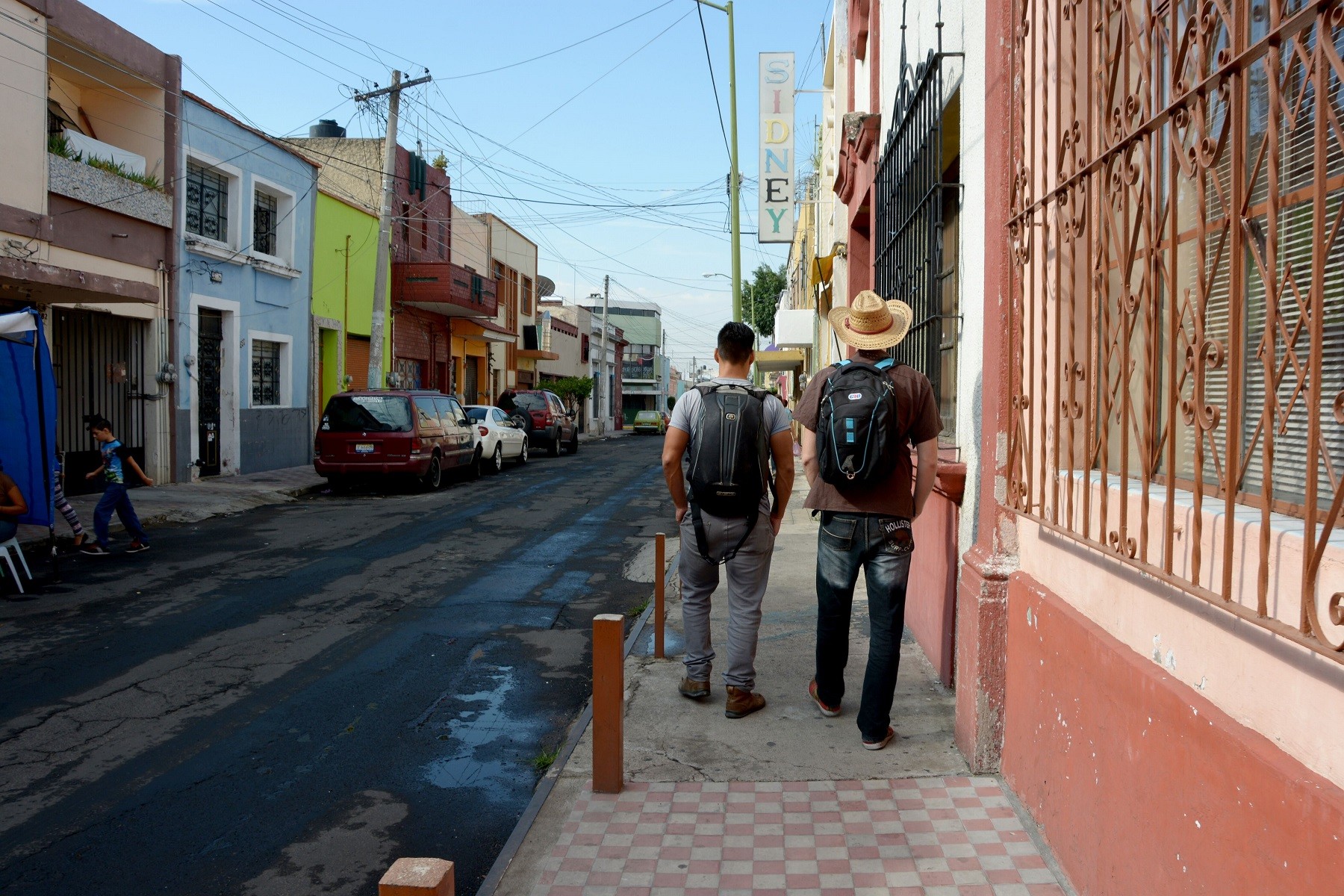Luis from Emancipated Human explains the four kinds of leaders that have existed throughout history, about his experience meeting business leaders, and how we can move into the future.
Transcript
There’s been four kinds of leaders throughout history.
First was the religious leaders. They had their religious entities which were able to tell people how to act. But now, those guys cannot necessarily agree with one another – two leaders of religious sects – because they either merge, discombobulate or whatever. So they can’t.
You move to the idea of the militant or military leader. The health of the state is through war or through coercion and all of that, so they can’t, or they will lose their space, their reason for being.
Then you move to the democratic leadership where, through politics, they’re not allowed to have a lot in common with other states – “I always have to be on top.” That’s not ideal, but you don’t see a lot of eye to eye contact. “I’ll help you and I’ll get a bunch of resources…” They just take advantage of each other.
So then we move to the fourth kind of leadership, which to me seems the most spiritually aware and I’ll tell you – it’s the business leader. The business leader is willing to do a deal with the devil if it’s good for all parties involved, because the business leader is not going to lose – but it’s willing to give as well. So it’s a voluntary exchange for mutual benefit.
But a lot of people say “the business leaders are greedy; they’re in it for themselves.” Well, yes and no, but that’s the hurdle that we have to jump. We have to let people see that the business leader is not just there to make a buck and go to the beach – I mean everybody loves the beach right – but the idea is that, when you’re working from purpose – like all these 201 CEOs that I was with, all those guys, they have enough money; they don’t need to work; they have enough resources and influence. They really don’t need to work any more. A lot of people say “They’re just greedy; they just want more.” Well, a lot of those guys stopped taking salaries. They’re just doing it because they love the work they do.
The idea is to help us see, and this just comes with maturity, how the business leader would be able to help eliminate the state, because if you think of international companies, somebody can be in the US, Mexico, Amsterdam, it doesn’t matter what country you’re in, we’re in the same company. Even if you’re Australian and I’m Mexican, and I’m in the states and you’re in Mexico, we’re connected through that link. Screw borders.
So the idea is to help us understand and find our own purpose. The one thing that can save humanity, in my perspective, is raising consciousness in humans. It’s not hating the state, it’s not creating wars. It’s just working on our own individual selves.
